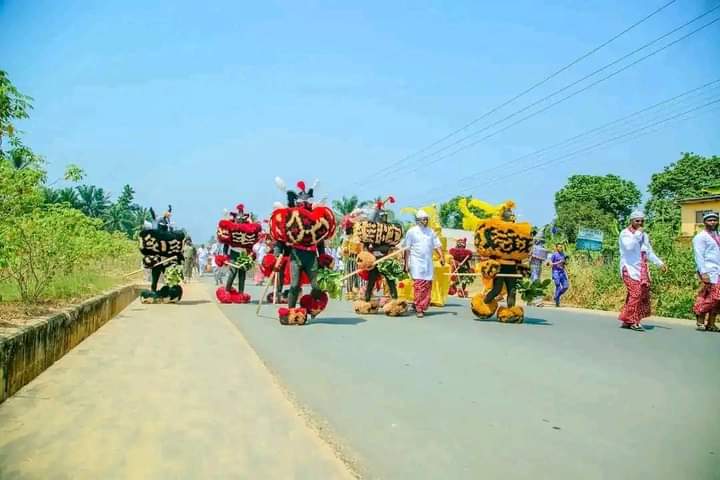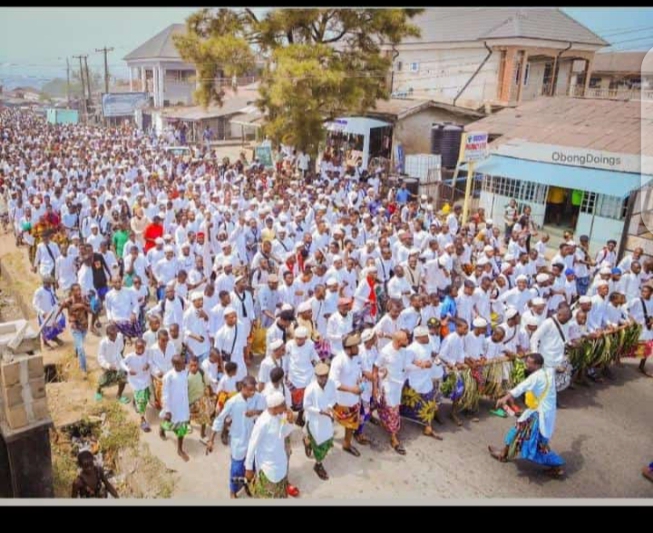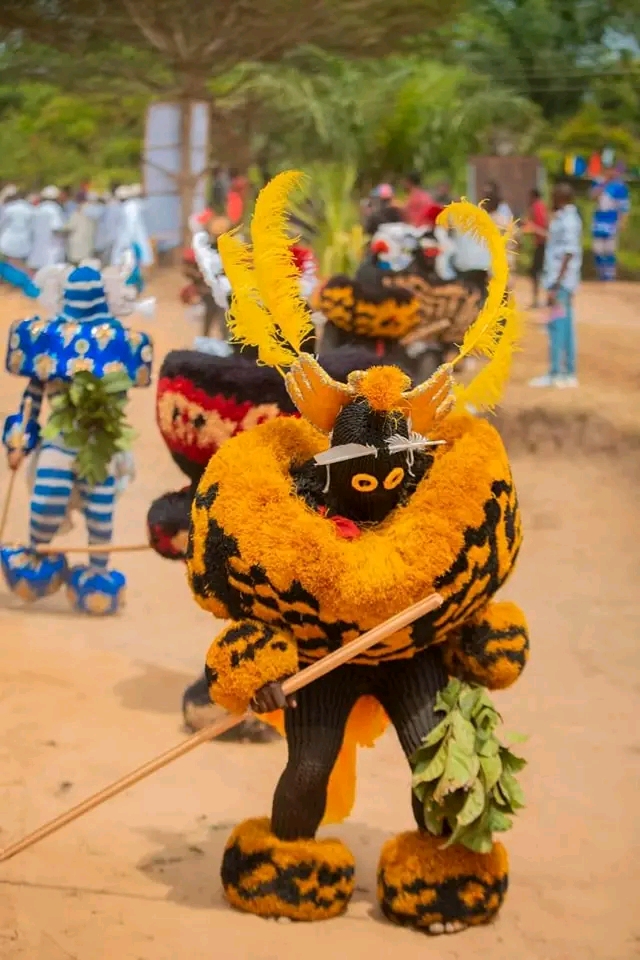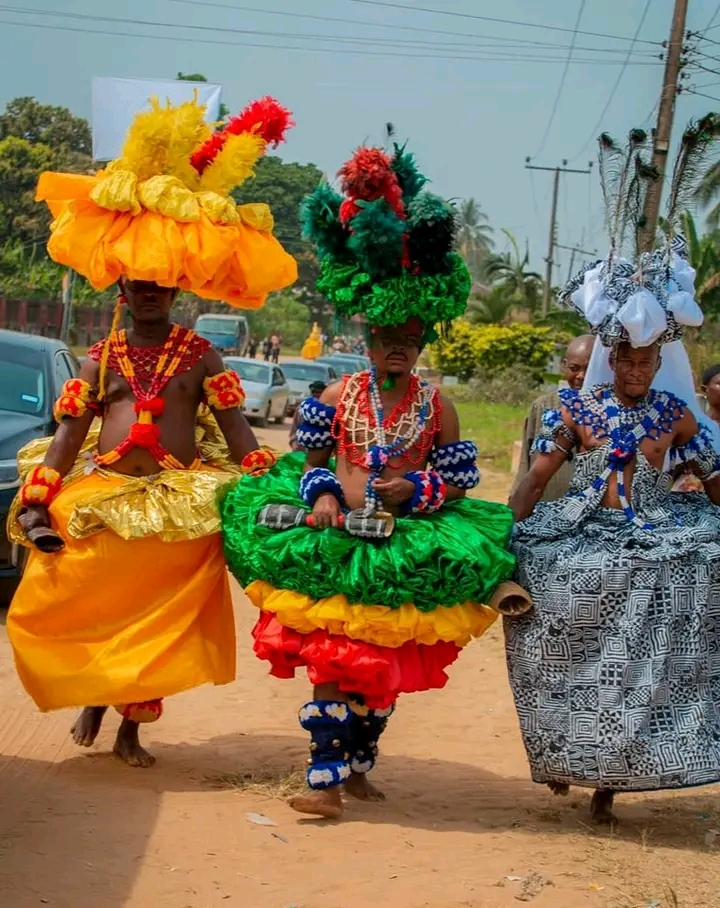The Calabar people, also known as the Efik, are a unique ethnic group located in the Cross River State of southeastern Nigeria. Their culture and language are deeply intertwined, reflecting their history, beliefs, and traditions.
Language: The Efik Tongue
The Efik language is a dialect of the Ibibio language, spoken by approximately 800,000 people. It is a Niger-Congo language, characterized by a complex grammar system and a rich vocabulary. Efik is the primary language used in Calabar culture, with many speakers also fluent in English and Nigerian Pidgin.
A Rich Cultural Heritage

Calabar culture is renowned for its:
- Warm Hospitality: Calabar people are famous for their welcoming nature and generosity.
- Deep Respect for Elders: Age is highly revered in Calabar culture, with elders playing a vital role in guiding the community.
- Vibrant Traditional Clothing: Colorful and intricate clothing, such as the "Onyonyo" and "Nsibidi" patterns, are characteristic of Calabar attire.

- Lively Music and Dance: Calabar culture is known for its energetic music and dance styles, like the "Ekpe" and "Mmonwu" dances.
- Intricate Masquerades: Calabar masquerades, such as the Ekpe and Mmonwu, play a significant role in cultural and spiritual practices.
- Flavorful Cuisine: Calabar cuisine is famous for its spicy and flavorful dishes, like "Afang" and "Ekpang Nkukwo".
- Vibrant Festivals: Calabar people celebrate various festivals, including the Calabar Carnival, Ekpe Festival, and New Yam Festival.
Preserving Traditions

- Ekpe Secret Society: A powerful society maintaining social order and justice.
- Mmonwu Youth Organization: A dynamic organization promoting youth development and cultural heritage.

- Traditional Medicine: Calabar people have a strong tradition of using herbal medicine and spiritual practices to treat illnesses.
By exploring the culture and language of the Calabar people, we gain a deeper appreciation for their rich heritage and traditions.